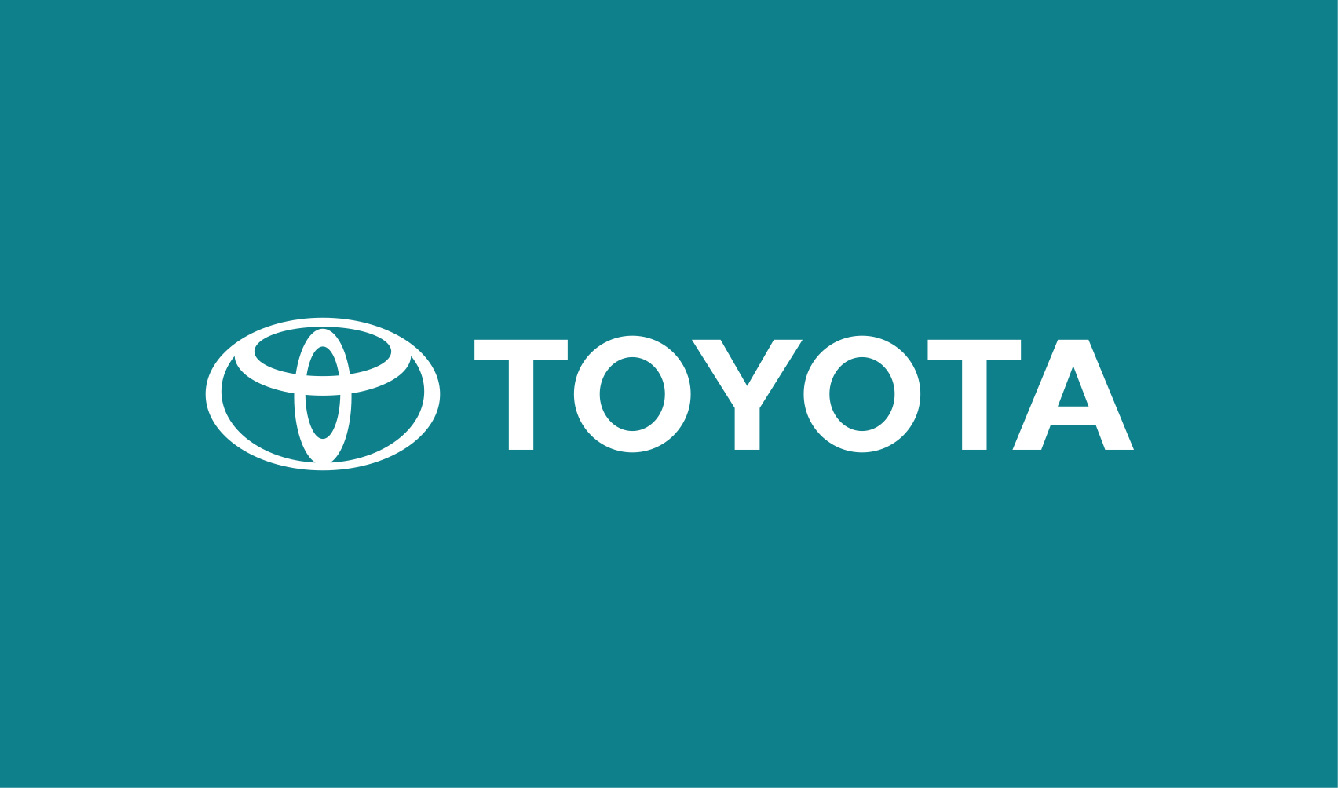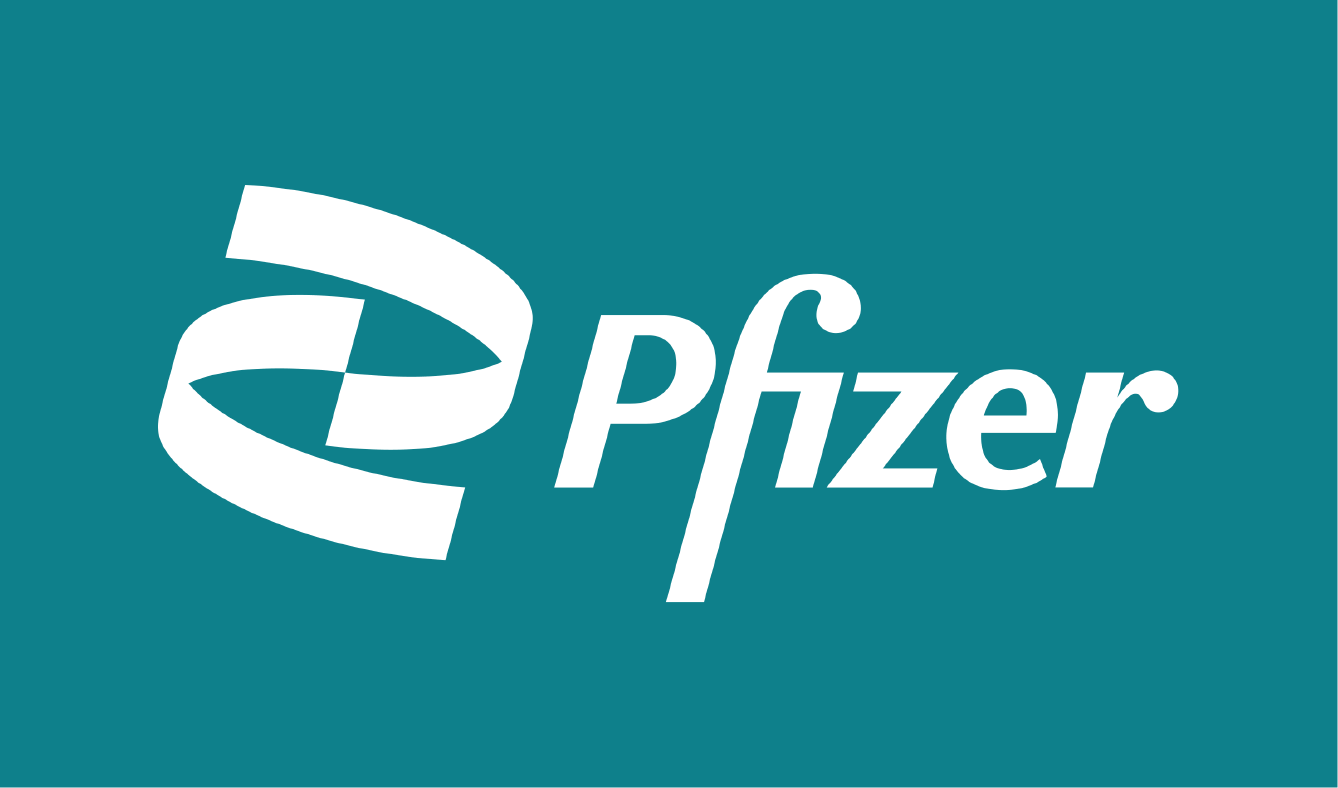Popular Searches
Since its establishment in 1958, North Carolina’s Customized Training Program has been the state’s premier workforce development initiative, helping businesses build and sustain a highly skilled, competitive workforce.
The program, now branded as NCEdge, offers businesses workforce development strategies that align with a company’s unique needs and goals. NCEdge supports new, expanding, and existing businesses, providing flexible, up-to-date training solutions valid for up to three years. The cost of the training is covered by the state of North Carolina through the North Carolina Community College System. With 58 community colleges across North Carolina, NCEdge ensures businesses in all 100 counties have access to high-quality training resources.
NCEdge serves a wide range of industries, including:
- Advanced Manufacturing
- Information Technology
- Life Sciences
- Warehousing & Distribution
- Customer Support Centers
- National Headquarters & Air Courier Services
The NCEdge Customized Training Program provides a streamlined process through which companies develop a highly skilled, job-ready workforce. Services include:
- Strategic Workforce Consultation: A dedicated NCEdge representative and local team will assess workforce needs, identifying skill gaps and creating a comprehensive training plan tailored to company objectives. This plan is valid for up to three years.
- Pre-Employment Training & Assessment: Job candidates complete training or assessments to ensure they are job-ready. If gaps are identified, targeted training will prepare them for successful integration within the company.
- Post-Hire Technical Training: NCEdge offers ongoing, customized technical training to help employees stay current with industry trends and meet evolving business requirements.
- Measurable Results: See improved employee performance, reduced turnover, and a higher ROI on workforce development investments.
NCEdge serves as a critical resource for businesses across North Carolina, helping a diverse range of industries build a stronger, more skilled workforce. The program has delivered over $443 million in economic impact in the past five years.
In fiscal year 2022-2023, the Customized Training Program supported:
- More than 250 new businesses and 600 expanding businesses
- More than 26,500 employees trained
- $9.9 million invested in training
Get in Touch











